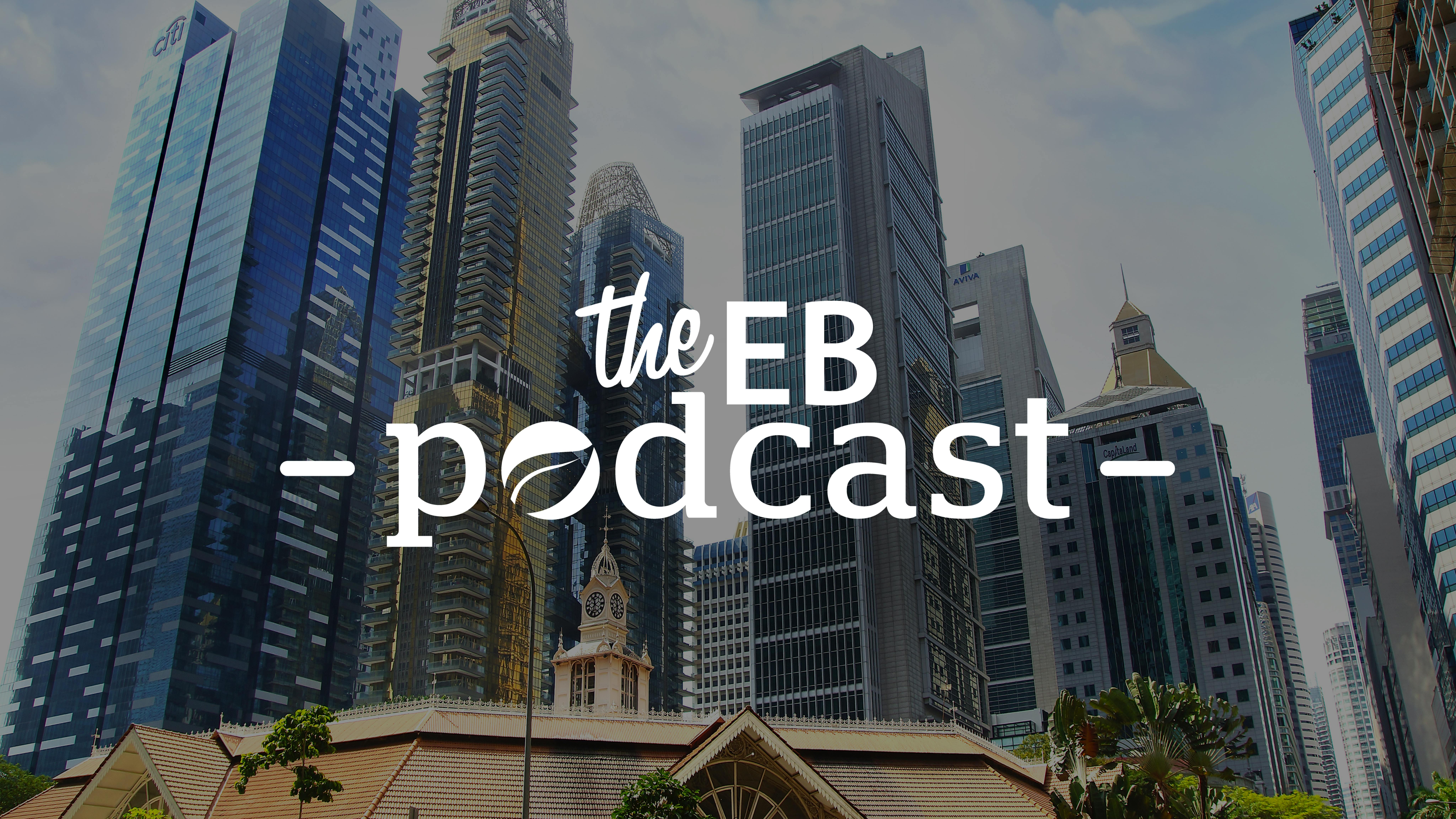BlackRock, the world’s largest asset manager with US$7.81 trillion in assets under management, made headlines earlier this year when its chief executive Larry Fink said that it would make sustainability “a key component of our investment approach”.
To continue listening, subscribe to Eco‑Business.
There's something for everyone. We offer a range of subscription plans.
- Access our stories and receive our Insights Weekly newsletter with the free EB Member plan.
- Unlock unlimited access to our content and archive with EB Circle.
- Publish your content with EB Premium.
This is “driven by an investment conviction that an understanding of sustainability issues is essential to long-term investment performance”, said the American company founded in 1988.
BlackRock’s move was welcomed by many industry experts as a significant moment for mainstreaming ESG (environment, social and governance) investing, while some civic society organisations greeted it with scepticism, pointing out its deep investments into fossil fuel companies.
In a newly released Investment Stewardship Report, BlackRock outlined its thinking beyond this investment approach and, for the first time, put portfolio companies on “good” and “bad” lists, according to their ESG performance.
Why has it done so, and has ESG investing truly become mainstream?
In this exclusive podcast, Eco-Business speaks to Shinbo Won, BlackRock’s stewardship investment director in Singapore on the motivations behind the asset manager’s strategy and wider ESG trends in Asia.
Won — who is responsible for engaging with investee companies in the Greater China, South Korea and Southeast Asia markets on behalf of BlackRock’s clients globally — noted that Covid-19 “was a challenge posed by nature which was global in scale and requires global efforts to solve”.
“This has sensitised global leaders that there are similarities here to climate risk… the level of awareness on ESG as a result has increased, and we see the willingness to align capital to stronger ESG portfolios. These companies have also shown to be more resilient because they have better practices and policies in place to address the challenge,” he added.

Shinbo Won, Director of BlackRock’s Stewardship Investment in Singapore
Tune in to our wide-ranging discussion on:
- Global trends in ESG and the extent to which Asia is leading or lagging
- How Asian boards are responding to ESG
- How BlackRock’s voting strategy has evolved in recent years, and challenges in taking the ESG approach
- ESG standards and reporting guidelines — will we see a convergence?
- The rise of stakeholder capitalism in Asia
- Covid-19 and its impact on ESG, net zero targets, greenwashing, and more
You may also catch the full conversation here on YouTube.











